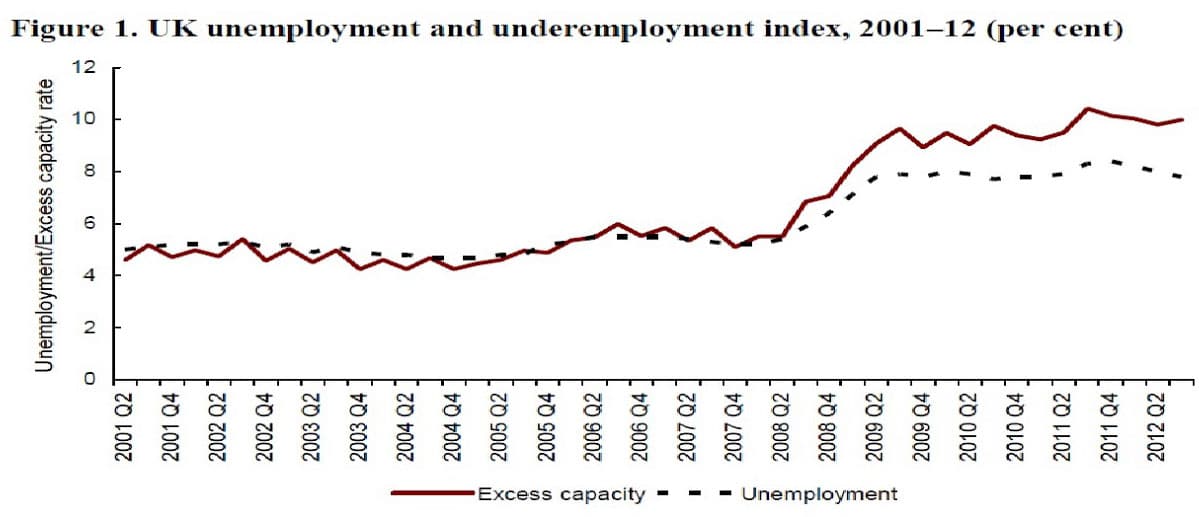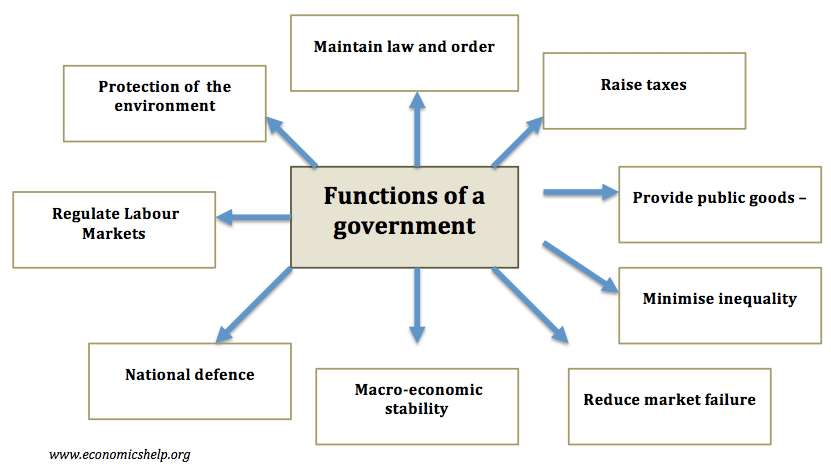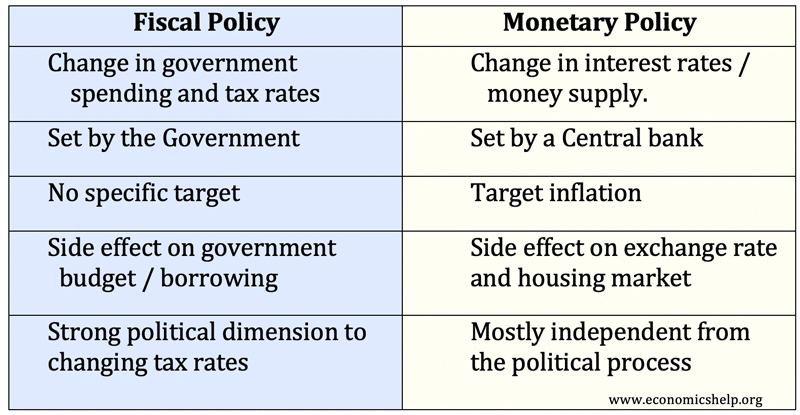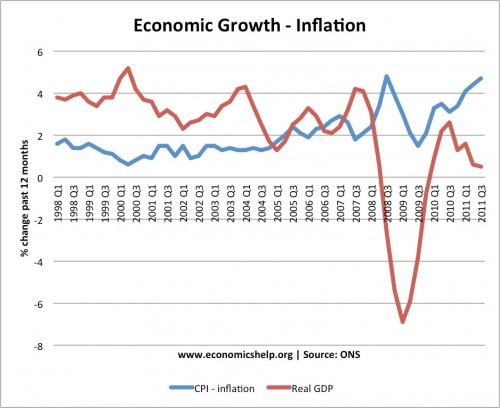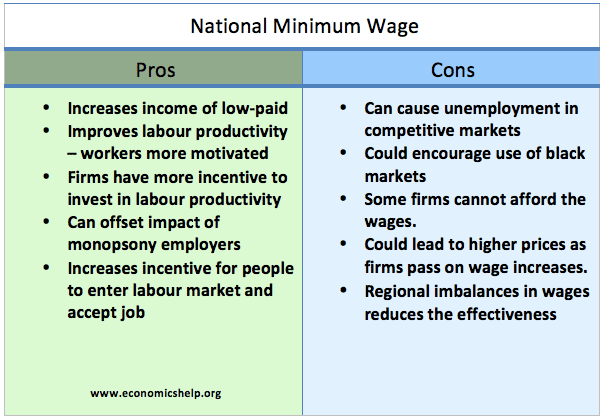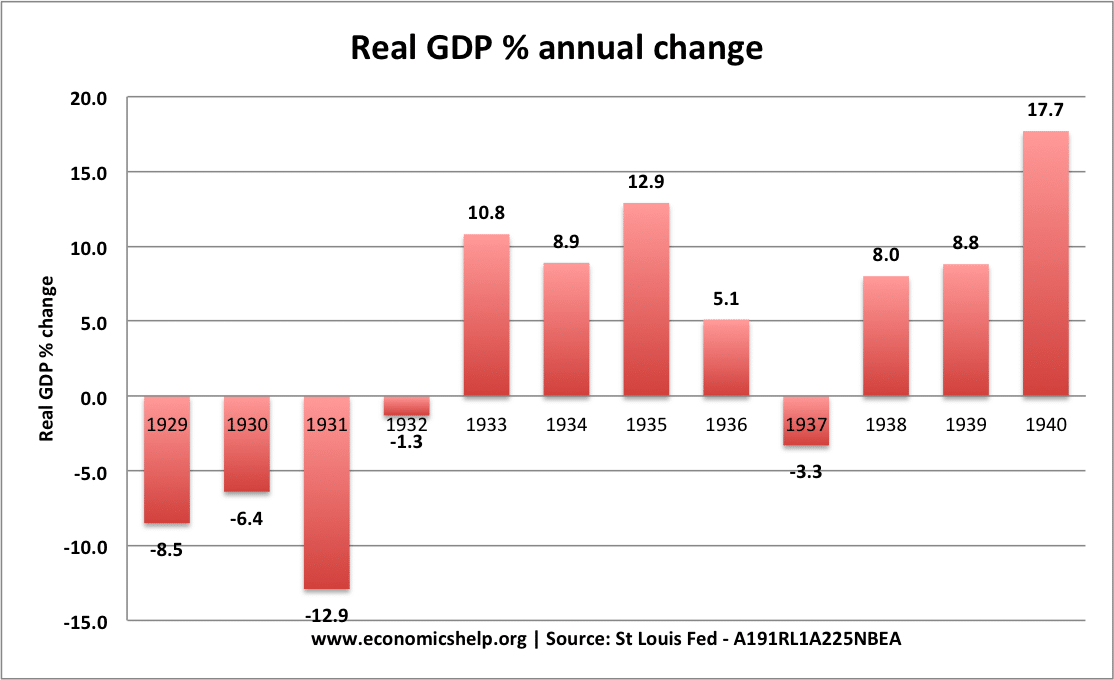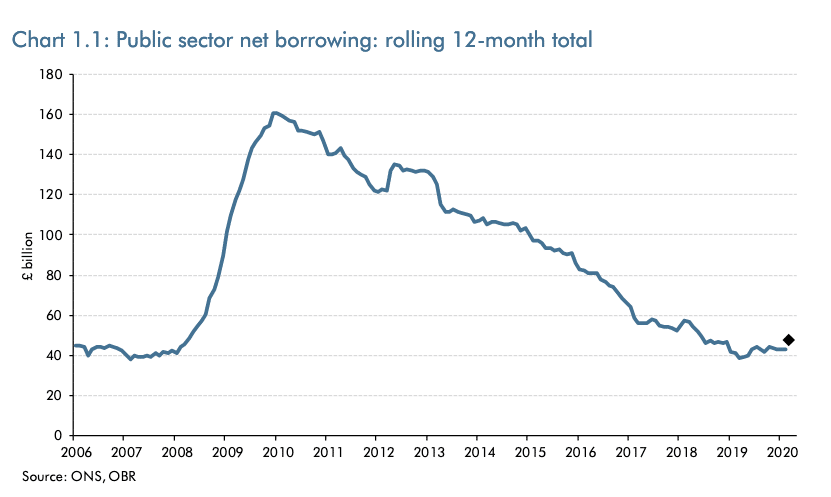Underemployment definition and index
Definition: Underemployment is defined as a situation where people are working fewer hours than they wish; e.g. you would like to work 40 hours a week, but the firm only gives you 30 hours. Underemployment may also refer to the fact workers accept jobs that don’t utilise their skills. e.g. graduate working in McDonald’s may …

